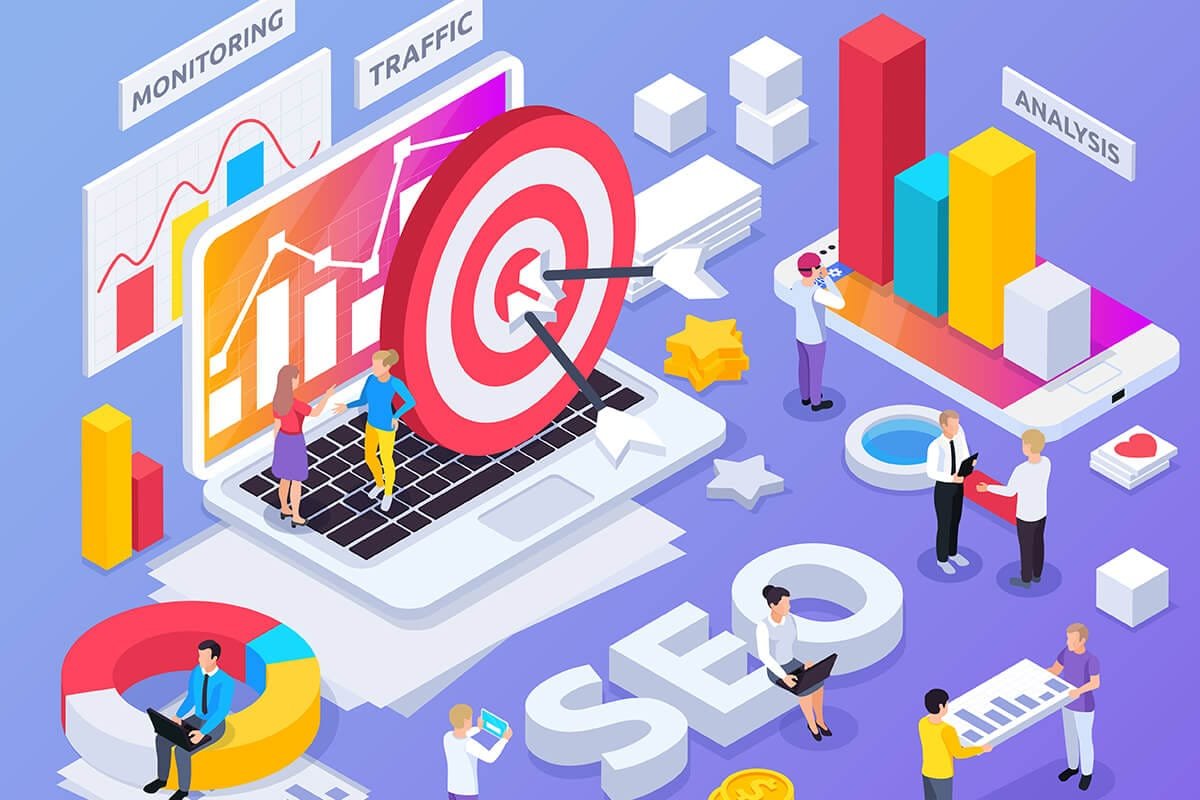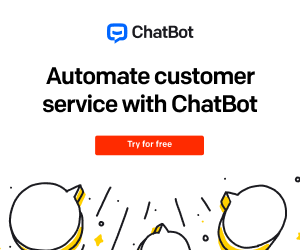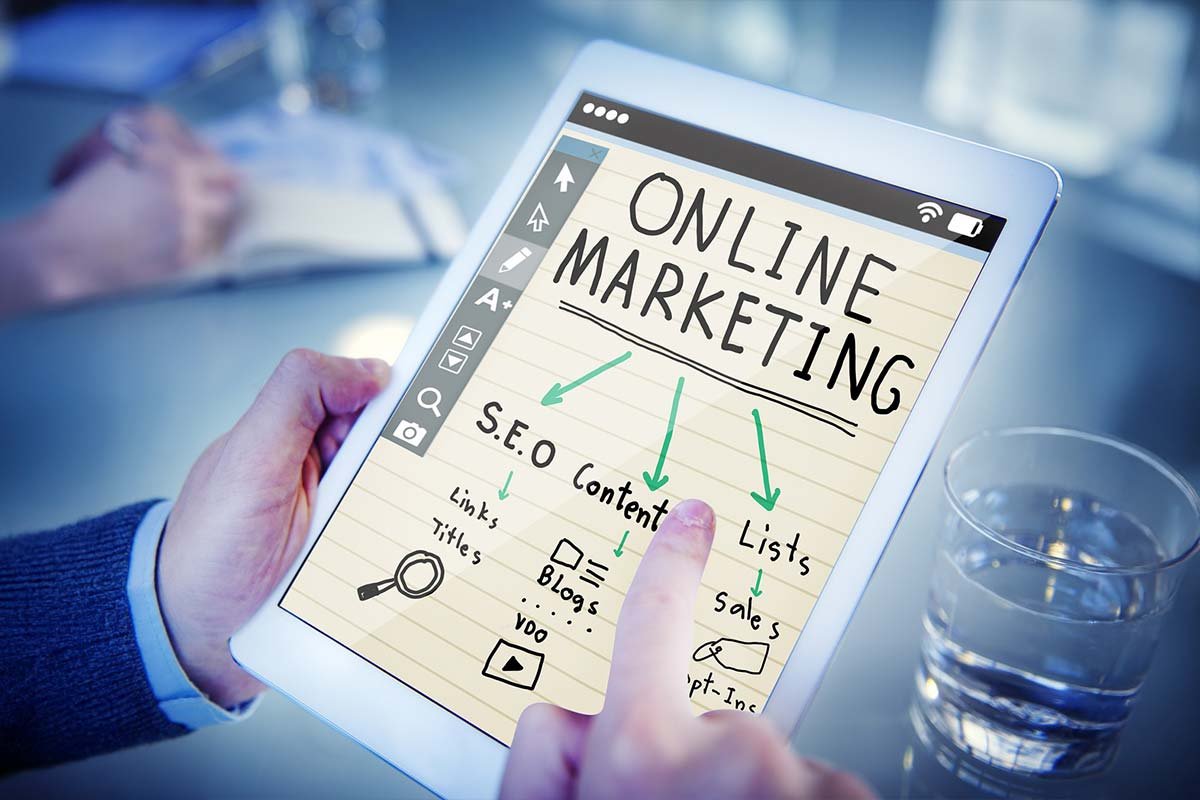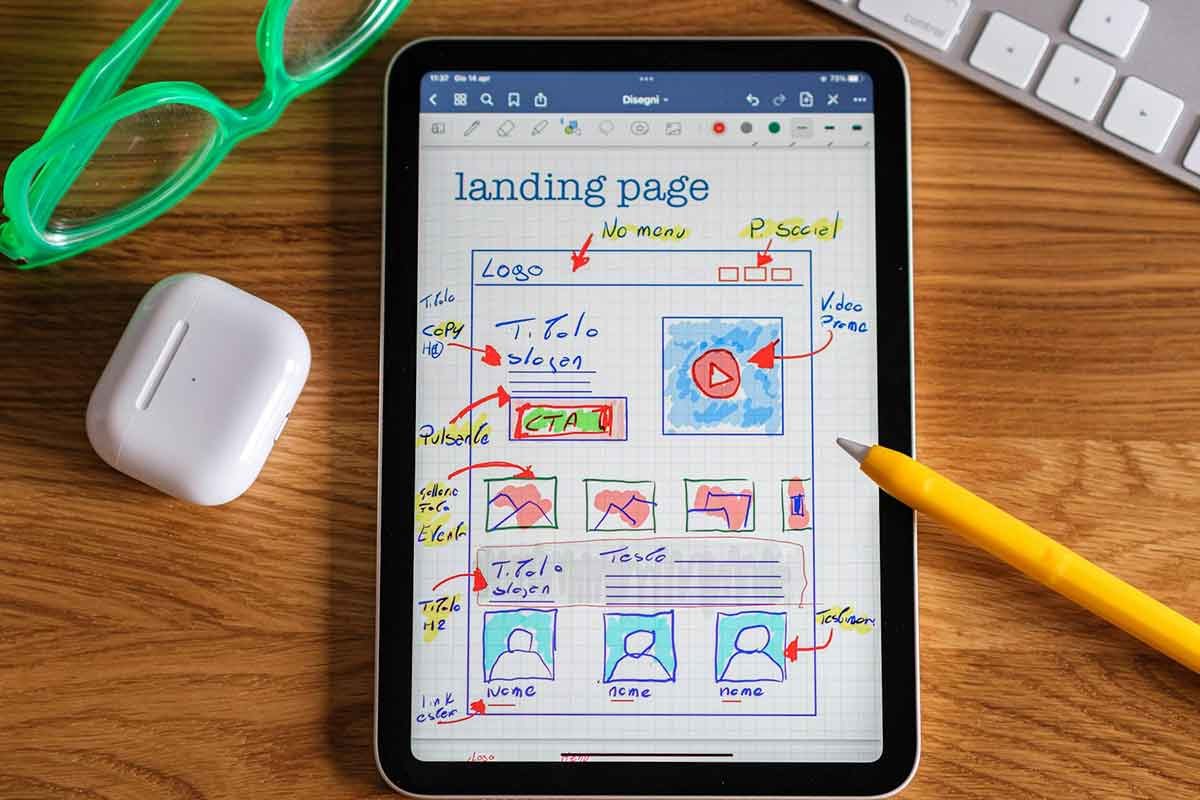Marketing automation is a powerful tool that can help businesses of all sizes and industries streamline their marketing efforts, improve customer engagement, and drive revenue growth. In this guide, we’ll cover everything you need to know about marketing automation, from its benefits and applications to best practices and tools.
What is Marketing Automation?
Marketing automation is the use of technology and software to automate repetitive marketing tasks and processes, such as lead generation, lead nurturing, email marketing, and social media marketing. By automating these tasks, businesses can save time, improve efficiency, and deliver more personalized experiences to their customers.
Benefits of Marketing Automation
- Improved efficiency: Marketing automation can help businesses save time and resources by automating repetitive tasks and streamlining their marketing processes.
- Better customer engagement: By delivering personalized messaging and content to customers at the right time, marketing automation can help businesses improve customer engagement and build stronger relationships with their audience.
- Increased revenue: Marketing automation can help businesses generate more leads, close more sales, and drive revenue growth by delivering more targeted and effective marketing campaigns.
- Better insights: By tracking and analyzing customer behavior and interactions, marketing automation can provide businesses with valuable insights into their customers’ preferences, needs, and interests.
Applications of Marketing Automation
- Lead generation: Marketing automation can help businesses generate more leads by using targeted campaigns and personalized messaging to attract and engage prospects.
- Lead nurturing: Marketing automation can help businesses build stronger relationships with their leads by delivering personalized content and messaging at each stage of the buyer’s journey.
- Email marketing: Marketing automation can help businesses automate their email marketing campaigns, from segmentation and targeting to scheduling and analysis.
- Social media marketing: Marketing automation can help businesses manage their social media marketing efforts, from scheduling and publishing posts to analyzing engagement and tracking ROI.
Best Practices for Marketing Automation
- Set clear goals and KPIs: Before implementing marketing automation, it’s important to define your goals and key performance indicators (KPIs) to measure success.
- Segment your audience: Use customer data and analytics to segment your audience and deliver more personalized messaging and content.
- Test and optimize: Continuously test and optimize your marketing automation campaigns to improve performance and ROI.
- Integrate with your CRM: Integrate your marketing automation platform with your customer relationship management (CRM) system to improve lead management and sales processes.
- Monitor and analyze: Monitor and analyze your marketing automation campaigns regularly to identify areas for improvement and adjust your strategy accordingly.
Tools for Marketing Automation
There are a variety of marketing automation tools available to businesses of all sizes and budgets. Some popular options include:
- HubSpot: A comprehensive marketing automation platform that offers a range of tools for lead generation, lead nurturing, email marketing, and social media marketing.
- Marketo: A powerful marketing automation platform that includes tools for lead scoring, lead nurturing, email marketing, and analytics.
- Pardot: A B2B marketing automation platform that offers tools for lead generation, lead nurturing, email marketing, and social media marketing.
- ActiveCampaign: A versatile marketing automation platform that includes tools for email marketing, marketing automation, and sales automation.
- Drip: A powerful e-commerce marketing automation platform that includes tools for email marketing, automation, and analytics.
Conclusion
Marketing automation can be a game-changer for businesses looking to streamline their marketing processes, improve customer engagement, and drive revenue growth. By implementing best practices and utilizing the right tools, businesses of any size and industry can leverage marketing automation to achieve their marketing goals and succeed in a competitive marketplace.





